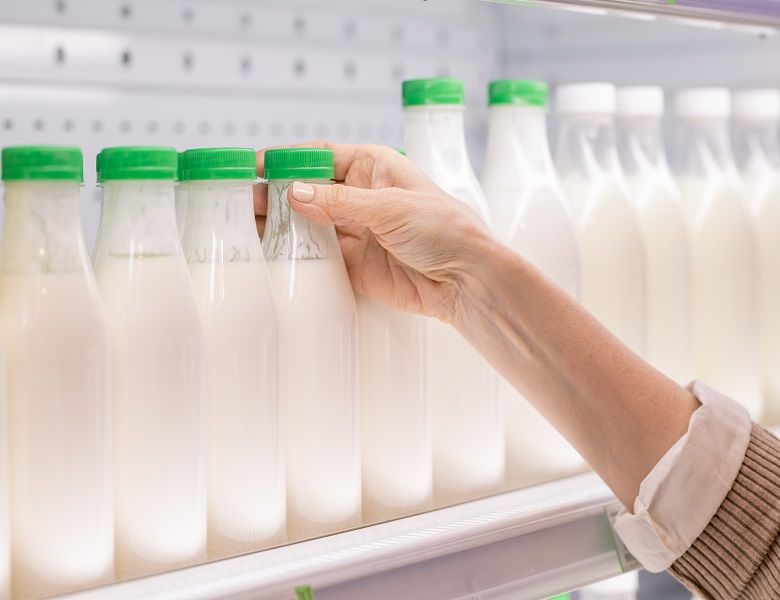A new approach to improve milk shelf life

- | آتاماد | News |
- 513
Long before these times of pandemic of global food insecurity, spoiled milk was an issue and too much milk gets pitched every day. One out of three gallons of milk was estimated to go to waste in America, according to US Department of Agriculture data from the previous decade.
A group of scientists used mathematical models to integrate knowledge from multiple disciplines (milk production and processing, microbiology and supply chain) thereby striving to attack a centuries-old problem: spoiled milk.
They found two main strategies that could be utilized at the very beginning of the milk supply chain (on the farm and in the processing plant) to prevent cold-growing, spore-forming bacteria from contaminating and prematurely spoiling milk:
1. Bonuses/penalties policy based on spoiling bacteria counts in raw milk;
2. Investing in spore-reduction technologies at the processing level.
Their study concluded that implementing both strategies could improve milk shelf life between a half-day to 13 days.
Forough Enayaty Ahangar, a lecturer in supply chain optimization at the Olin Business School, said: “In general, I would say that this is not a one-prescription-for-all problem.” “The outcomes of our optimization models showed that the ideal combination of the interventions is highly dependent on characteristics like the quality of raw milk, and the volume of processed milk. Therefore, our optimization models provide novel decision tools from which processors can benefit and determine the best strategy for their facility.”
This study targeted the problem of spoilage of milk due to bacteria (Bacillus sp. and Paenibacillus sp.) which enter raw milk on farms and whose spores can survive pasteurization. There is an alternative pasteurization, however, that not only costs more but also consumers complain about the milk taste because of undergoing the higher temperatures utilized.
1. Bonuses/penalties policy or production-level interventions: Farmers should be encouraged to improve processes from the get-go if they are rewarded for consistent high-quality milk in terms of spore-forming spoilage bacteria contamination and penalized for low-quality milk.
Contracts like this bonus/penalty policy already exist in U.S. livestock supplies such as eggs and chicken. In this paper, however, the researchers suggest a flexible, new bonus/penalty system based solely on raw milk’s initial spore counts.
2. Spore-reduction investment, or processing-level interventions: Milk-processing companies know that technologies such as microfiltration and bactofugation are costly to acquire, install and operate. But this research demonstrated how utilizing both of previous approaches, including a third, double-bactofugation method, were the most effective long-term ways to eradicate spore-forming bacteria from milk.
They predicted that by means of using such processing-level interventions and investments, shelf lives for milk would increase. The improved shelf life ranged from 20-26 days (for small processing plants) to 28-31 days (for medium processing plants) to an average of 34 days (for large processing plants).
“In the dairy industry, there is an increasing attention to the importance of using raw milk that has low spore count to produce high-quality dairy products, yet there is no plan on how to achieve this,” Murphy said.
In short, the research showed that processors could enact interventions and improve their milk’s shelf life up to 13 days.
Ivanek said: “The ultimate goal of this research is to support the development of sustainable milk production supply chain, where milk waste is reduced in a way that is cost-effective for all players in the continuum of food production and consumption, and also is socially acceptable and environmentally sound.”
Reference:
https://www.thedairysite.com
GET IN TOUCH
Copyright © 2023 Atamad.com All right reserved
Website design and SEO services by Seohama team – Web hosting by Sarverhama
Copyright © 2023 Atamad.com All right reserved
Website design and SEO services by Seohama team – Web hosting by Sarverhama








